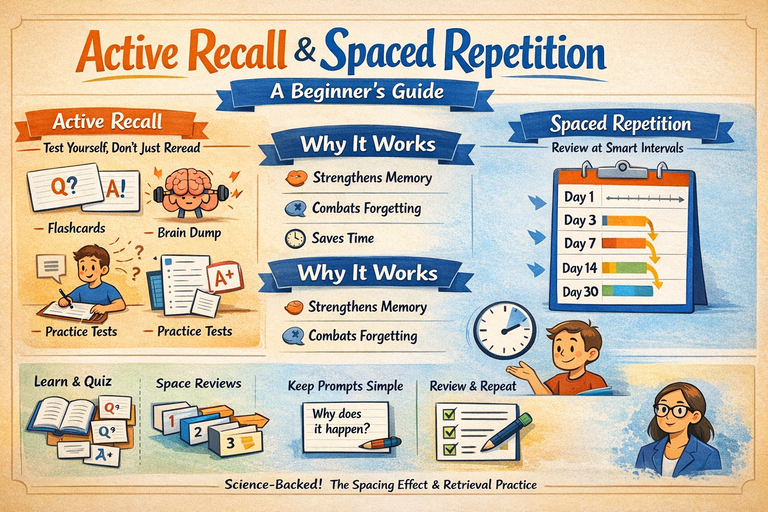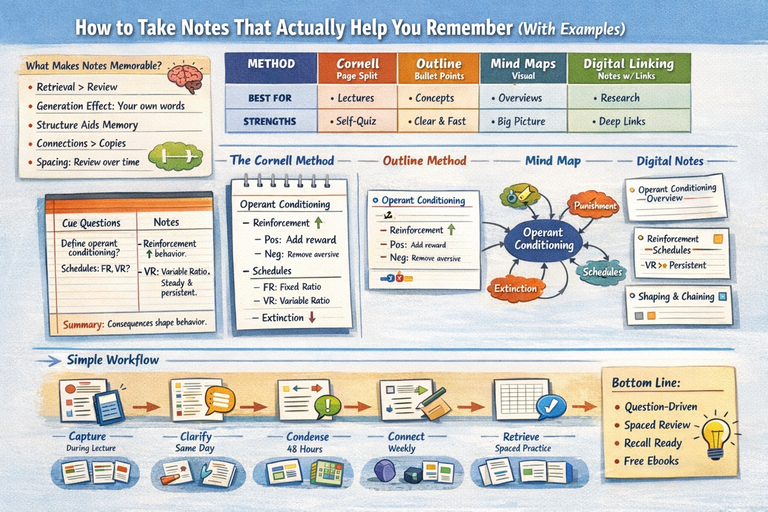The Ethics of Consumer Data in Tech Marketing
In today’s digital ecosystem, consumer data is the lifeblood of marketing. It fuels personalized recommendations, targeted ads, and predictive analytics—making marketing campaigns smarter and more effective. However, as tech companies gather more data than ever before, questions about privacy, consent, and fairness have moved to the forefront.
This blog explores the ethical implications of using consumer data in tech marketing and examines how businesses can balance innovation with integrity.
The Value of Consumer Data in Marketing
Consumer data enables companies to:
-
Understand behavior and preferences
-
Create personalized marketing experiences
-
Optimize ad spend and conversion rates
-
Predict future buying patterns
From browsing history and location data to social media activity and purchasing behavior, marketers now have a 360-degree view of the customer. But with great power comes great responsibility.
What Makes Data Collection Ethical or Unethical?
The ethical use of consumer data often boils down to a few core principles:
1. Consent
Consumers must knowingly agree to have their data collected and used. Ethical data use begins with clear, informed consent—not buried terms and conditions or vague cookie notices.
2. Transparency
Companies should be upfront about:
-
What data is collected
-
How it will be used
-
Who it will be shared with
Transparency builds trust and allows consumers to make informed decisions.
3. Purpose Limitation
Data should be collected for specific, stated purposes. Using data beyond those purposes—especially for profit—can violate ethical standards, even if it’s technically legal.
4. Security
Companies have a moral obligation to protect user data from breaches or misuse. Poor data protection can lead to identity theft, fraud, and reputational damage.
Major Ethical Concerns in Data-Driven Marketing
1. Surveillance Marketing
With the rise of behavioral tracking, marketing has sometimes crossed into surveillance territory. Tracking every click, location, and search term may feel invasive to users—especially when it happens without explicit permission.
2. Manipulative Targeting
Hyper-personalized ads can exploit consumer vulnerabilities. For example:
-
Targeting people with gambling addictions
-
Using emotional triggers to drive impulse buying
-
Promoting unhealthy products to at-risk groups
Ethical marketing considers intent and impact, not just results.
3. Data Brokers and Third-Party Sharing
Many tech companies share or sell user data to third parties, including advertisers, insurers, and even political groups. Consumers are often unaware of how far their data travels once they provide it.
This raises serious concerns about autonomy, exploitation, and privacy.
4. Biased Algorithms
AI-driven marketing tools sometimes rely on biased data sets, resulting in discriminatory targeting. For example, people of certain demographics may receive fewer job ads, loan offers, or educational opportunities.
Ensuring algorithmic fairness is essential to ethical data usage.
The Role of Regulations
To combat unethical data practices, governments around the world have introduced privacy laws:
-
GDPR (General Data Protection Regulation) – European Union
-
CCPA (California Consumer Privacy Act) – United States
-
PIPEDA (Personal Information Protection and Electronic Documents Act) – Canada
These laws aim to give consumers more control over their data, including:
-
The right to access and delete personal information
-
The right to know how data is used
-
The right to opt out of data sales
Marketers must understand and comply with these regulations—not just to avoid penalties, but to maintain consumer trust.
Ethical Data Marketing in Practice
1. Use Opt-In, Not Opt-Out
Always ask for permission before collecting data. Avoid "dark patterns" that trick users into giving consent. Clear, honest communication is key.
2. Offer Real Value
Give users a reason to share their data. Whether it's a discount, early access, or improved personalization, consumers are more willing to share when they see the benefit.
3. Prioritize First-Party Data
Collect data directly from users instead of buying it from third parties. First-party data is more accurate, more ethical, and builds stronger relationships.
4. Be Human-Centered
Ask: Does this campaign respect the user’s dignity? Does it create a fair, transparent, and safe experience? Ethical marketing is people-first, not profit-first.
How Consumer Expectations Are Changing
Today’s consumers are more aware of how their data is used—and more concerned than ever. According to recent surveys:
-
Over 70% of consumers worry about how brands handle their data
-
Nearly 60% say they’re more likely to trust companies that prioritize privacy
-
Gen Z and Millennials, in particular, expect data transparency and ethical responsibility
This means that ethical data practices are no longer a “nice to have”—they are a competitive advantage.
The Future: Ethics by Design
Forward-thinking tech marketers are embracing "privacy by design"—building ethical principles into their data strategies from the ground up.
This includes:
-
Limiting data collection to only what's necessary
-
Using encryption and secure data storage
-
Conducting regular audits for bias or misuse
-
Creating cross-functional ethics teams
Ultimately, sustainable success in tech marketing will come from respecting the user, not exploiting them.
Conclusion
Consumer data is an incredibly powerful tool—but with it comes serious ethical responsibility. In a world increasingly shaped by digital experiences, the way tech companies collect, use, and protect data reflects their core values.
Ethical marketing isn't just about avoiding legal trouble. It's about building trust, transparency, and long-term relationships. As consumers become more privacy-conscious, companies that lead with ethics will not only do good—they’ll also do well.







